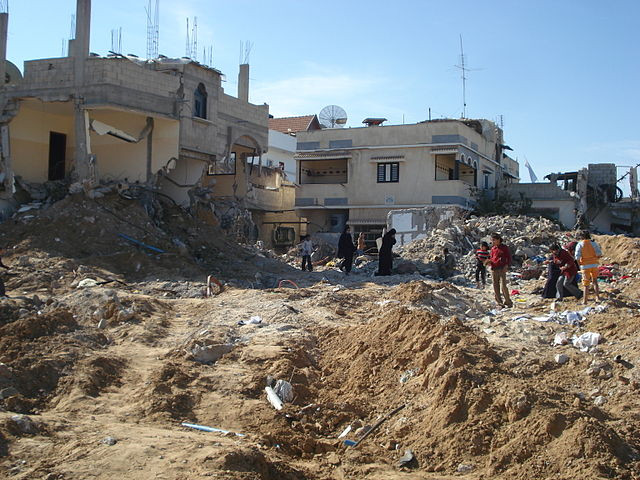The humanitarian crisis in northern Gaza has reached catastrophic levels, with Cindy McCain, the American director of the UN World Food Program, reporting the region is suffering from "full-blown famine." The declaration highlights the severe impact of the ongoing conflict between Israel and Hamas, which has exacerbated the already dire food shortage caused by strict Israeli controls on aid deliveries.
In a poignant disclosure to NBC's "Meet the Press," McCain described the situation as a "horror," with famine conditions now progressing southward across Gaza, home to some 2.3 million people. She emphasized the urgent need for a ceasefire and a significant increase in aid deliveries via both land and sea to mitigate the worsening crisis.
Despite the increasing international outcry and efforts to alleviate the suffering, challenges remain substantial. The UN has long warned of the impending crisis, with predictions of famine becoming reality as early as May. Reports indicate that despite some increases in allowed food deliveries by Israel, the quantities remain insufficient against the stark backdrop of need.
In response to the escalating crisis, the U.S. has initiated plans to construct a floating pier, a $320 million project led by USAID, aimed at facilitating the delivery of substantial aid supplies, including food and medical treatment for malnourished children. Samantha Power, USAID Administrator, announced this alongside a new $200 million initiative to boost the production of emergency nutritional paste at a Georgia factory, emphasizing the timeliness and critical nature of these efforts.
However, the challenges are not just logistical but also political. Recent efforts to deliver aid through newly opened land corridors were met with both administrative delays and direct interference, including a blockade by Israeli settlers and commandeering by Hamas militants, illustrating the complex and volatile environment aid workers face.
Moreover, the physical conditions on the ground complicate the delivery of necessary supplies. High seas recently delayed the construction of the U.S.-sponsored floating pier, underscoring the precarious nature of even well-planned humanitarian interventions.
The severity of the situation is further highlighted by the dire conditions in Gaza's hospitals, where an influx of malnourished children overwhelms medical facilities. Reports from northern Gaza's Kamal Adwan hospital indicate thousands of cases of acute malnutrition among children, with an unprecedented rise from 1% to 30% in under five months.
The international community, led by figures like Cindy McCain and Samantha Power, continues to call for increased aid and a cessation of hostilities. However, the situation remains grim, with the UN Secretary-General António Guterres urging immediate action to prevent a "human-made famine."






